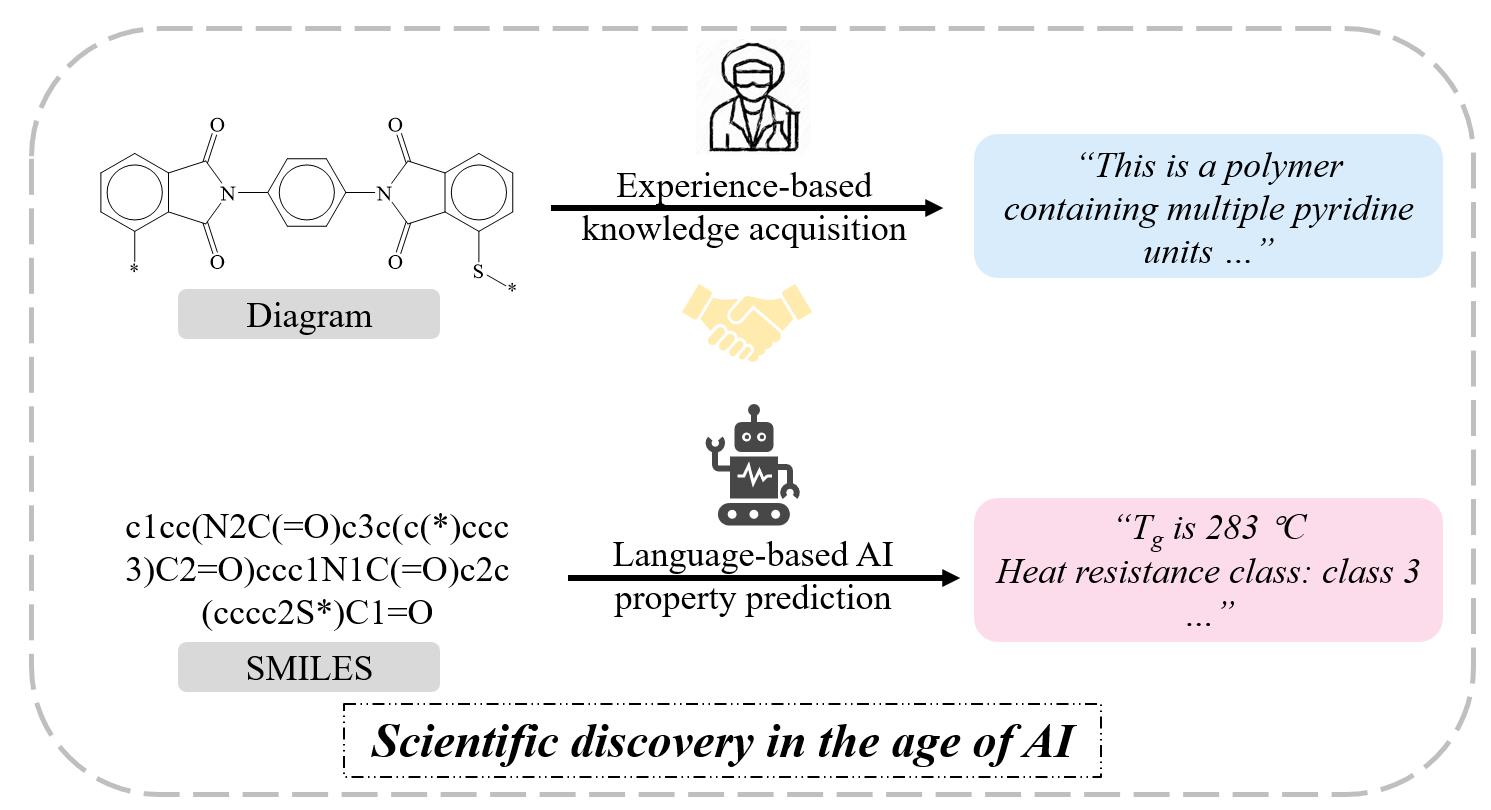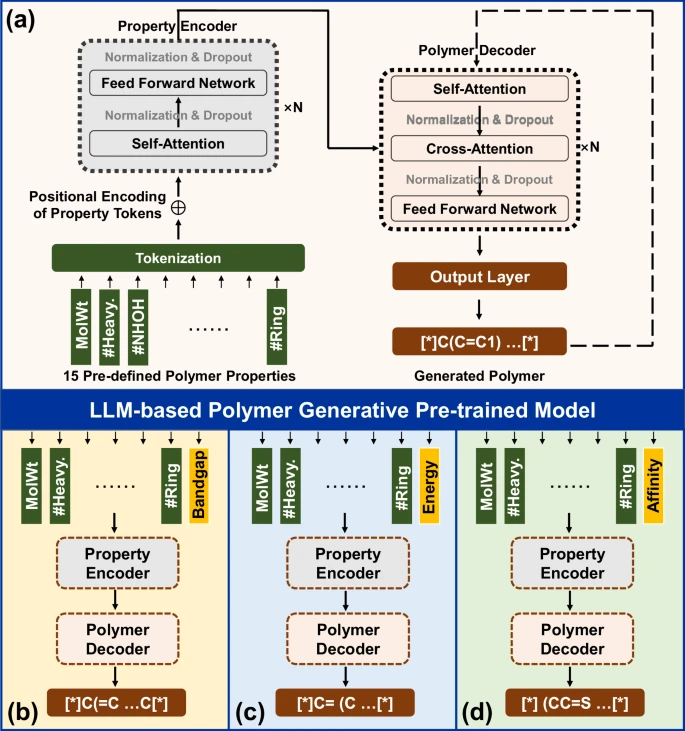Haoke Qiu – Dedicated to Scientific Artificial Intelligence for Polymer/Molecule/Material
With the development of big data science, machine learning technologies have found applications in certain specific fields, such as crystal structure design, providing a new approach for the efficient creation of materials. Therefore, artificial intelligence is expected to drive a new transformation in the paradigm of materials research and development.
However, there are still research bottlenecks in AI-based materials research. Real materials exhibit complex multi-scale structures, serving as a bridge between composition-processing and target material properties. On one hand, the panoramic mapping relationships between multi-scale structures, composition-processing, and material properties are currently incomplete, lacking an effective unified theory, which leads to an island effect in the materials knowledge system. On the other hand, existing AI-related research has only established some point-to-point or partial line-to-line mapping relationships, without building a complete multi-scale structure-property relationship or panoramic mapping. As a result, it is challenging to achieve “demand-driven design and precise fabrication” of specific materials.
AI is a powerful tool for establishing connections from the micro scale to the meso scale, and then to the macro scale
By integrating data and knowledge, large-scale models for multi-scale materials engineering is constructed, allowing for the discovery of potential relationships between scales and the precise analysis of multi-scale structure-property relationships. Specifically, Prof. Zhao-Yan Sun and I have developed PolyNC for polymer property prediction and PolyTAO for on-demand polymer design.


polyScreen: Github.

